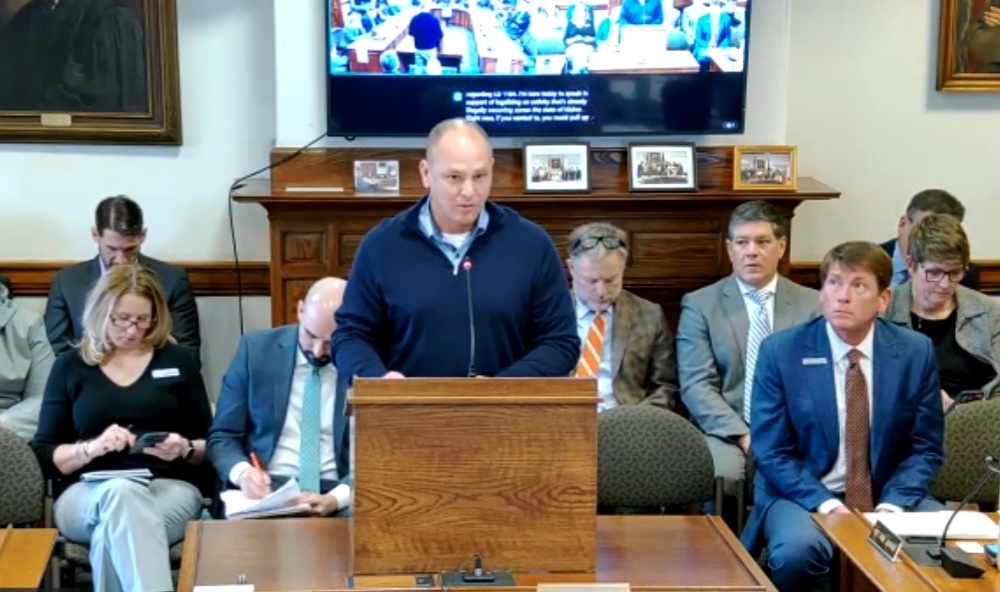
- Details
- By Chez Oxendine
- Gaming
Maine legislators are considering a bill that would give the state’s four Wabanaki tribes exclusive rights to operate mobile casino gaming, potentially creating a new revenue stream for tribal nations that have historically faced economic barriers.
The state legislature introduced Legislative Document 1164, “An Act To Create Economic Opportunity for the Wabanaki Nations Through Internet Gaming” in late March. The Wabanaki Nations include Maine's four federally recognized tribes.
If passed, tribes would be able to enter into compacts with the state to secure licenses for mobile gaming services. Revenues generated through mobile gaming services would be subject to a 16 percent tax. The measure would follow the 2022 legalization of online sports betting, which allowed the state’s four federally recognized tribes to operate online sportsbooks through partnerships with Caesars Entertainment and Draft Kings.
Maine tribes do not have the same sovereignty over reservation lands as tribes in other states due to the Maine Land Claims Settlement Act. Maine tribes do not operate brick-and-mortar casinos.
Tribal leaders from across Maine have submitted written testimony in support of the bill, citing economic benefits and consumer protections for an otherwise unregulated market. At a March 31 hearing before the Veterans and Legal Affairs Committee, Chief Pos Bassett of the Passamaquoddy Tribe of Sipayik testified that LD 1164 would divert money from illegal markets to legal ones while supporting tribal revenues.
Bassett described illegal gaming operators as “shadowy offshore companies, probably run by organized crime” that have no concern for Maine residents. “They just ship money from Maine to out-of-state coffers. This is already happening on peoples’ phones - why not use the existing activity to benefit state and tribal governments?”
As in other emerging exclusive markets across the country, some private operators oppose tribal exclusivity in the bill. Michael Ventre, senior manager for state government relations at betting operator FanDuel, testified that while FanDuel supports Maine internet gaming, relegating the licenses solely to tribes “would not create the healthy, regulated market that we have seen in many other states.”
“The lack of legitimate choice for the consumer can encourage individuals to seek alternative methods outside of the regulated landscape,” Ventre wrote in his testimony.
The state’s existing operators in the state, DraftKings and Caesars Entertainment, each expressed support for the bill.
Steve Silver, chair of the Maine Gambling Control Board, also expressed opposition to the bill. In addition to splitting up regulatory authority between the Control Board and a second authority, the Gaming Control Unit, Silver testified tribal exclusivity could lead to job losses at privately operated casinos in the state.
“Oxford and Hollywood Casinos employ nearly 1,000 Mainers,” Silver wrote. “Legalizing iGaming without permitting Oxford and Hollywood to participate will lead to job cuts — I am willing to bet on it.”
Rep. Ambureen Rana, the bill’s sponsor, said that tribal exclusivity would present Maine tribes with the opportunity to access the same explosive markets as tribes in other states.
“Because the Wabanaki Nations have not enjoyed anywhere near the level of economic growth as that of other tribes in this country, they face an ongoing economic crisis,” Rana said during the hearing.
